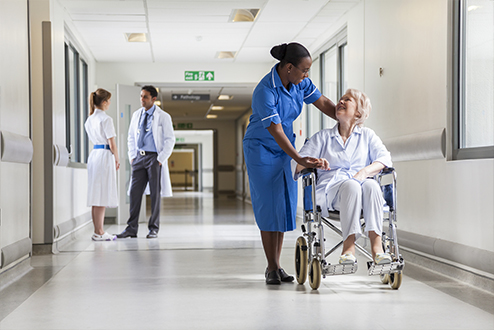Ahead of May’s general election, the possible privatisation of the NHS has caused a political divide as parties continue to argue the future of our health care.
Consistently thousands of NHS patients are dealt with by the private division for routine procedures, for example, knee and hip operations. This is not on the grounds that NHS healing centres can’t treat the patients, but since both the last Labor government and the coalition have urged private firms to get involved as an approach to decrease waiting times and to offer patients a choice.
The Numbers
Last year the NHS in England spent £6.5bn on getting the private sector to see and treat patients.
That is the equivalent of 6.1% of the NHS budget.
Critics argue the bureaucracy to run a market system can add billions more to that bill.
As a proportion of the NHS budget that is up from 2.8% in 2006-7.
Another £3bn was spent last year on getting other providers, including local authorities and charities, to deliver NHS care.
Another £7.5bn was spent on GP services.
The average earnings of GP partners is £102,000 – a figure that has been falling in real terms in recent years.
The average pay for GPs who are employed by partners is £56,400.
It is unclear what will happen to the NHS in the coming months. The public vote is remaining firm that they do not want privatisation of the NHS but politicians continue to push the motion with growing power.

